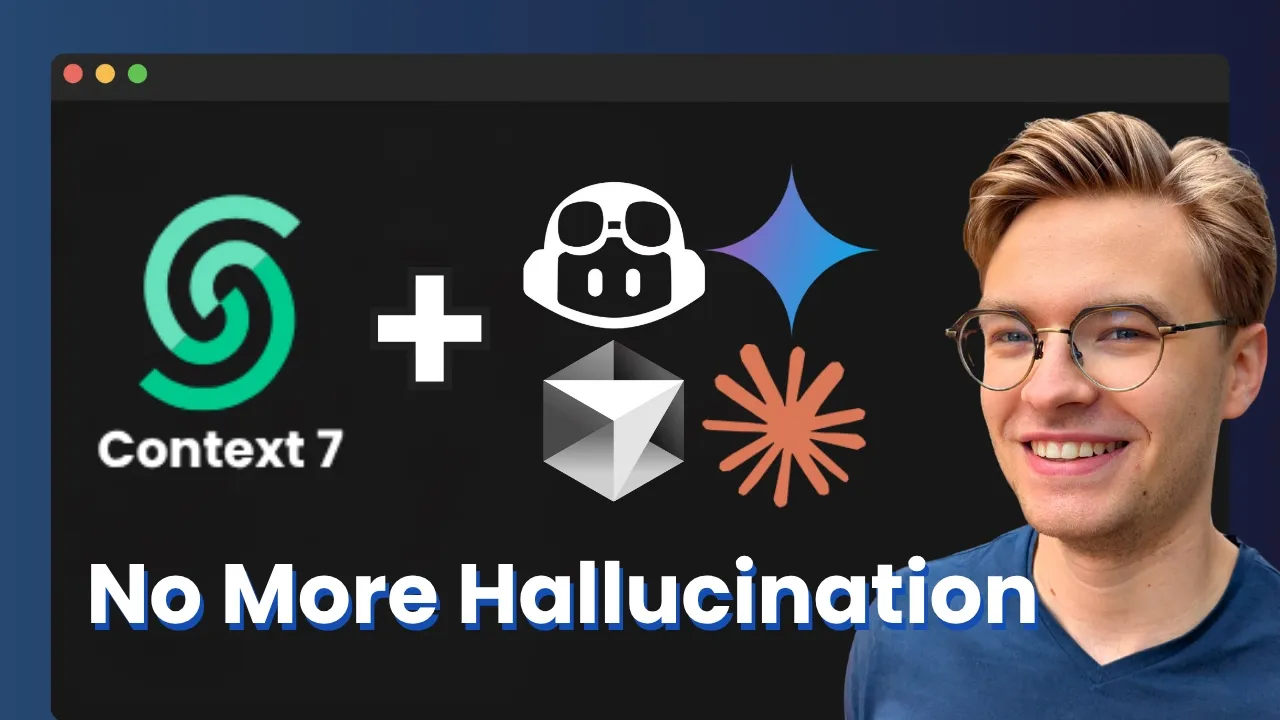Senior Software Engineer Guide to AI Tools for Career Growth
Senior software engineers face a unique moment in tech history. AI coding tools promise to automate much of what we do, yet the most experienced engineers are seeing their value increase, not decrease. The key lies in understanding how to leverage AI as a senior engineer, turning potential disruption into career acceleration. This strategic approach is detailed in my comprehensive AI engineering career roadmap.
The Senior Engineer’s AI Advantage
With years of experience, senior engineers possess something AI can’t replicate: judgment. You’ve seen systems fail in production, debugged issues that shouldn’t exist according to documentation, and made architectural decisions that saved companies millions. This experience becomes even more valuable when combined with AI tools.
When a senior engineer uses AI coding assistants, they’re not just accepting suggestions blindly. They’re evaluating each recommendation against years of hard-won knowledge. They spot when AI suggests patterns that work in theory but fail at scale. They recognize when generated code might create security vulnerabilities or performance bottlenecks. This filtering capability transforms AI from a potential replacement into a powerful accelerator.
Becoming a Technical Force Multiplier
Senior engineers who master AI tools become unprecedented force multipliers. You can prototype complex systems in hours instead of days, explore multiple architectural approaches simultaneously, and generate comprehensive test suites that would take weeks to write manually. But the real power comes from knowing which suggestions to accept, which to modify, and which to reject entirely.
This multiplication effect extends to team leadership. A senior engineer who effectively uses AI can guide junior developers more effectively, review more code with deeper insights, and architect systems that are both innovative and practical. You become not just a coder, but an orchestrator of both human and AI capabilities.
The Judgment Premium in AI-Assisted Development
As AI tools proliferate, the market is placing an increasing premium on engineering judgment. Companies are discovering that AI-generated code without senior oversight leads to technical debt, security issues, and systems that work until they don’t. They need engineers who can harness AI’s speed while ensuring quality, security, and scalability.
This creates unprecedented opportunities for senior engineers. Your ability to guide AI tools, validate their output, and make critical technical decisions becomes more valuable as AI handles routine coding tasks. You’re freed from boilerplate to focus on architecture, optimization, and solving genuinely hard problems. This includes building advanced systems like AI agents that require deep technical expertise to implement correctly.
Navigating the New Technical Leadership
Technical leadership in the AI era looks different. Instead of being the person who writes the most code, you become the person who ensures the right code gets written. You guide AI tools to generate solutions that align with business needs, technical constraints, and long-term maintainability.
Senior engineers who embrace this shift find themselves in high demand. Companies need leaders who can bridge the gap between AI capabilities and business requirements. They need architects who understand both what AI can do and what it should do. This combination of technical depth and AI fluency defines the new senior engineering role.
Staying Ahead of the AI Curve
For senior engineers, staying relevant doesn’t mean competing with AI on coding speed. It means deepening the skills AI can’t replicate: system design, performance optimization, security architecture, and technical decision-making. It means understanding AI tools well enough to leverage them effectively while maintaining the engineering rigor that prevents disasters.
The most successful senior engineers are treating AI as they would any other tool: learning its capabilities, understanding its limitations, and integrating it into their workflow where it adds value. They’re not threatened by AI because they understand that their experience becomes more, not less, valuable in a world where anyone can generate code.
Building AI-Enhanced Engineering Teams
Senior engineers have a unique opportunity to shape how their teams adopt AI tools. By demonstrating effective AI use, establishing best practices, and mentoring others in AI-assisted development, you can multiply your team’s productivity while maintaining quality standards.
This leadership extends to defining processes for AI code review, establishing guidelines for when to use AI assistance, and creating frameworks for validating AI-generated solutions. Senior engineers who take this leadership role position themselves as indispensable bridges between AI capabilities and business success.
The Compound Career Effect
The combination of senior engineering experience and AI tool mastery creates a compound career effect. Each project completed with AI assistance adds to your repertoire of patterns and approaches. Each problem solved teaches you more about effective human-AI collaboration. This accumulated knowledge becomes increasingly valuable as more companies adopt AI tools. Building a strong portfolio of AI projects demonstrates this expertise to potential employers and accelerates career advancement.
Senior engineers who start this journey now will have years of AI collaboration experience when it becomes table stakes. They’ll be the ones teaching others, defining standards, and leading the transformation of software development. The question isn’t whether AI will change software engineering, but whether you’ll lead that change or follow it.
To see how experienced engineers can leverage AI tools most effectively in practice, watch the full video tutorial on YouTube. I demonstrate real scenarios where engineering experience makes the critical difference in AI-assisted development. Ready to accelerate your senior engineering career with AI? Join the AI Engineering community where experienced developers share strategies for thriving in the AI era.
